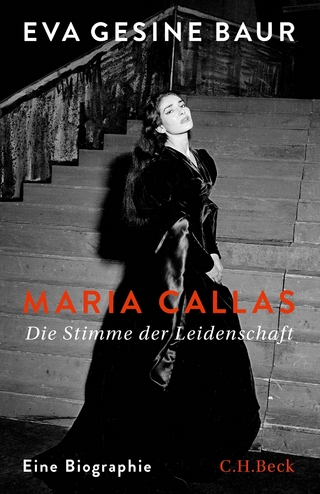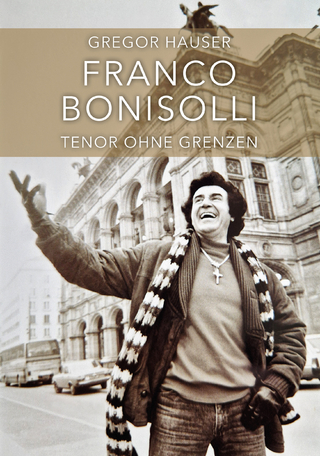
Mobilizing Music in Wartime British Film
Seiten
2024
Oxford University Press Inc (Verlag)
978-0-19-763172-0 (ISBN)
Oxford University Press Inc (Verlag)
978-0-19-763172-0 (ISBN)
- Lieferbar (Termin unbekannt)
- Versandkostenfrei innerhalb Deutschlands
- Auch auf Rechnung
- Verfügbarkeit in der Filiale vor Ort prüfen
- Artikel merken
Mobilizing Music in Wartime British Film examines the preoccupation with art music and total war that animated British films of the 1940s.
InMobilizing Music in Wartime British Film,author Heather Wiebe traces a preoccupation with art music and total war that animated British films of the 1940s. In acclaimed films such asThe Red ShoesandBrief Encounteras well as experimental documentaries, colonial propaganda films, and largely forgotten melodramas, music was persistently given a central role in the action. As this book demonstrates, these films were driven by questions around the efficacy of art music, not just in the conventional sense of uplift or morale-building, but as a sonic force acting on bodies, minds, and materials, and as a resource to be mobilized or demobilized. Wiebe explores what these films tell us about the experience of World War Two, but also about more contemporary pressures on the arts to be useful and productive. In their concerns with music and wartime life away from the battle front, these films offer insight into the affective experience of war: not just as violence and trauma, but as everyday boredom and melancholy, as loneliness, helplessness, and disappointment. Most of all, they show how music was used to test the limits of "total war," and to conceptualize its new reach into all corners of life
InMobilizing Music in Wartime British Film,author Heather Wiebe traces a preoccupation with art music and total war that animated British films of the 1940s. In acclaimed films such asThe Red ShoesandBrief Encounteras well as experimental documentaries, colonial propaganda films, and largely forgotten melodramas, music was persistently given a central role in the action. As this book demonstrates, these films were driven by questions around the efficacy of art music, not just in the conventional sense of uplift or morale-building, but as a sonic force acting on bodies, minds, and materials, and as a resource to be mobilized or demobilized. Wiebe explores what these films tell us about the experience of World War Two, but also about more contemporary pressures on the arts to be useful and productive. In their concerns with music and wartime life away from the battle front, these films offer insight into the affective experience of war: not just as violence and trauma, but as everyday boredom and melancholy, as loneliness, helplessness, and disappointment. Most of all, they show how music was used to test the limits of "total war," and to conceptualize its new reach into all corners of life
Heather Wiebe is the author of Britten's Unquiet Pasts: Sound and Memory in Postwar Reconstruction. She teaches at the University of Notre Dame, and was previously Reader in Music at King's College London.
Introduction
1. Music, Feeling, and Total War: Listen to Britain and Millions Like Us
2.
| Erscheinungsdatum | 29.09.2024 |
|---|---|
| Reihe/Serie | Oxford Music / Media |
| Zusatzinfo | 41 b/w halftones |
| Verlagsort | New York |
| Sprache | englisch |
| Maße | 155 x 231 mm |
| Gewicht | 340 g |
| Themenwelt | Kunst / Musik / Theater ► Film / TV |
| Kunst / Musik / Theater ► Musik ► Klassik / Oper / Musical | |
| ISBN-10 | 0-19-763172-X / 019763172X |
| ISBN-13 | 978-0-19-763172-0 / 9780197631720 |
| Zustand | Neuware |
| Haben Sie eine Frage zum Produkt? |
Mehr entdecken
aus dem Bereich
aus dem Bereich


